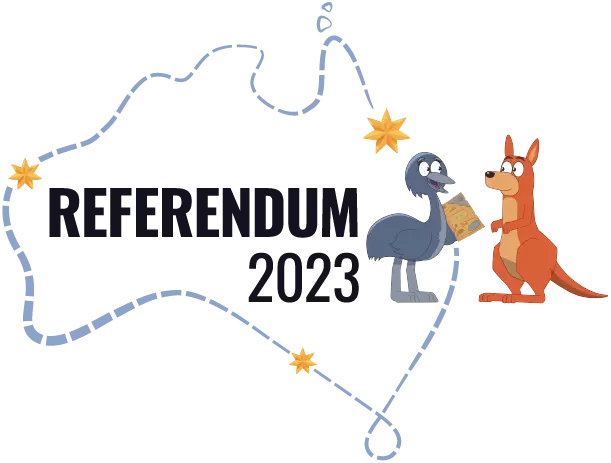Kanga:
I’m not sure about you, Emmy, but I’ve had the best time today.
Emmy:
Me too. But now I feel like my brain is full of important information.
Kanga:
My noggin is full too. I feel like my head is getting heavier by the minute.
Emmy:
hahaha… I don’t think that’s how it works, Kanga.
Kanga:
I don’t know. Maybe we can ask our next interview guest. I was told teachers in Australian schools are very smart.
Emmy:
Yeah. And how we learn about the Australian Constitution in schools is through a subject called civics and citizenship.
Kanga:
What’s it called? I didn’t pay much attention at kangaroo school. Here’s a teacher now.
Emmy:
Oh, hi there. Nice to meet you, Ms. Civics. Kanga here and I are looking forward to learning more about the subject, Civics and citizenship is taught in Australian schools. By the way, I was a really good student when I was in emu school.
Teacher, Ms. Civics:
Oh, it is so nice to meet you.
Kanga:
So Emmy, what do we want to know?
Emmy:
Well, on our recent adventures, we’ve learned lots about the Australian Constitution, including referendums, voting and our system of government, but not much on what it means for someone to be an Australian citizen.
Kanga:
Yeah, good one, Emmy. Surely living in our democracy means I’m free and can do what I want.
Teacher, Ms. Civics:
Well, have a little think about that. Do you really think a world where there is no rules or laws would be a great one to live in? I’m not quite sure about that. I think it’d be pretty chaotic. In a community like a school community, we have rules, and those rules are put in place for the common good of the students and also to make sure that they’re safe. Think about when you go out into the playground and you have no hat, no play rules. Well, that’s to make sure that you are protected from the sun so that you don’t get sunburnt and later on get things like skin cancers. What about the laws that we have when we’re driving down the road? We are told by the government that we need to make sure that we are driving on the left side of the road.
What if we didn’t have that rule and everybody could drive wherever they wanted? You certainly would see lots of accidents and many cranky Australian citizens trying to get from one place to another. I don’t think it would work very well. So that’s why in Australian schools we always make sure that we teach about rules and laws and why they should be respected and obeyed. We also learn about how no one is above the law. Whether you are a sports star or whether you are a pop star or a student or even the government. We need to make sure that everybody obeys the rules and laws that are put in place.
Emmy:
I see. So constitutional freedoms and rights are balanced by responsibilities and obligations as citizens?
Teacher, Ms. Civics:
Yes. There are so many rules and laws that are in place to help us achieve great citizenship and to be great citizens. You’ve been to Parliament, haven’t you? Of course you have. You know all about how Parliament works and how they’re the ones that make all of the laws. In Australian schools, we teach all about voting and we make sure that everyone understands that when they vote, their vote counts. And so we learn about how it’s compulsory, we learn about how there are referendums and even just the story of how voting works and how it came to be in Australia.
Kanga:
Crikey, we had that adventure. The Australian Constitution came to be in 1901 after the people in the colonies voted for it in referendums. Referendums give the people a chance to have a say on issues that are important to government and the nation.
Emmy:
Okay, so let me get this straight. A citizen is a legally recognised subject of the Australian Commonwealth and because of that, they’re the ones who vote in referendums and elections. I’ve got it. I’m really proud to be an Australian citizen.
Kanga:
Hey, teacher, other than voting, do citizens have their constitutional responsibilities like what makes a good citizen? What do they have to do?
Teacher, Ms. Civics:
That’s a great question, guys. Look, being a responsible citizen in your home and in your local community is incredibly important. And if you start by doing that and using those values as your center, well, that’s going to help you to make great decisions on a national and global scale.
Emmy:
Whoa, I’m glad we spoke to you. We have been on great constitutional treasure hunt adventures and actually met many of the people who have been on our nation’s journey and from right around Australia. I think we also know a little more about what I need to be doing to be a good citizen. Thanks, but hold on a second. Now that I think about it. You didn’t seem to mention anything about being nice to our family and friends.
Kanga:
Yeah. Isn’t that important to be a good citizen? Is being a good citizen different to being a good mum or dad or brother?
Teacher, Ms. Civics:
Look, that is such an amazing question. You can always start by being respectful, courteous, kind, and thoughtful to your mum, your dad, your brother, your friends, your teachers even. And make sure you do a really great job of listening carefully to everyone’s point of view because that helps you to develop your own thoughts and ideas. These are all great ways that you can be a great citizen even in your own home or school environment.
Kanga:
I get it now. Doing the right thing makes us all have a great day. Thanks a lot, mate. So tell us, is there anything else we should know about civic life?
Teacher, Ms. Civics:
Look, there are so many parts of civic life and I hope that you two get to go on some more great adventures to find out more about it. We, in Australian schools, we’re going to keep tackling these things and learning about them so that we can be great citizens just like you two.
Emmy:
This is all so interesting. It really connects the dots for everything we’ve learned today. Don’t you think, Kanga?
Kanga:
It sure does. Now I understand exactly where I fit into this idea of Australian parliamentary democracy or I think I do. Thanks a bunch.
Teacher, Ms. Civics:
No problem. Look, I’ll always be here to answer any questions. But if you do want to find out some more, you can go on the Australian Electoral Commission website. They’ll be able to help you find out some more about voting.
Kanga:
I get it. Civics and citizenship really matters.
Emmy:
That’s right. And to all our viewers, remember, each and every one of us counts in our great Australian journey and the life of our nation together. So keep engaging, keep participating, and together we can keep building on a safe, stronger, and harmonious civic society.
Kanga:
You can always start by having a squiz at our website to get started on our informed voter program.
Emmy:
Great call, Kanga. And let’s hope we get to see our friends on more constitutional adventures soon.




